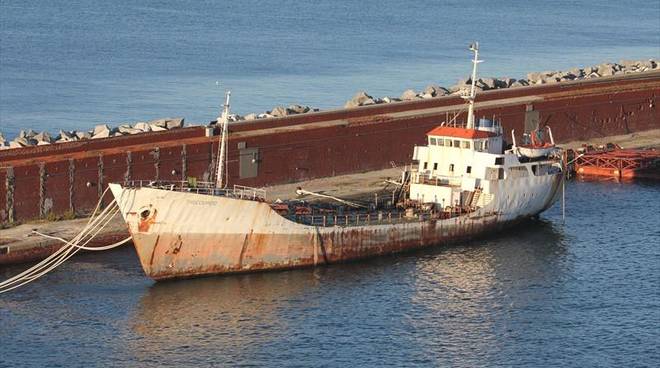Global Shipping Faces Alarming Crew Abandonment Crisis

The issue of crew abandonment in the shipping industry is escalating, with 54 ships and their crews reported abandoned this year alone. According to the International Labour Organization (ILO), this trend could lead to 2025 becoming one of the worst years on record for such incidents. The rise in crew abandonment cases is attributed to the increasing prevalence of the shadow fleet, which has seen a dramatic surge since the COVID-19 pandemic.
Surge in Abandonment Cases
Recent statistics from the International Maritime Organization (IMO) reveal a staggering increase in crew abandonment cases. In 2024, there were 310 reported incidents, marking a 118% rise from the previous year’s total of 142. This alarming trend has raised concerns among maritime experts, who link the surge to the growth of the shadow fleet—a term used to describe unregulated vessels that operate outside traditional maritime laws.
The phenomenon of crew abandonment has been particularly pronounced in the 2020s, initially exacerbated by the COVID-19 pandemic. As shipping operations struggled to maintain crew welfare during lockdowns, many seafarers found themselves stranded on vessels without support. The situation has worsened as the shadow fleet expands, creating an environment ripe for exploitation and neglect.
In response to this crisis, the ILO convened officials to discuss updates to the Maritime Labour Convention (MLC). Recent amendments aim to enhance the working and living conditions for seafarers. Key provisions include recognizing seafarers as essential workers, improving repatriation processes, and ensuring access to shore leave without visa requirements. Additionally, new measures have been introduced to protect seafarers from bullying and harassment.
Call for Systemic Change
Despite the adoption of guidelines by a joint ILO and IMO working group in late 2022 to address seafarer abandonment, the persistent rise in cases indicates that the issue remains deeply entrenched. Steven Jones, founder of the Seafarers Happiness Index, emphasized the urgent need for systemic reform within the industry. He stated, “The rising tide of seafarer abandonment must be stemmed. Shipping’s good deeds are overshadowed by this abuse. Fake flags, dark fleets, and turmoil create a breeding ground for exploitation.”
Jones’s comments highlight the critical need for accountability and protective measures for seafarers. As the industry grapples with these challenges, the call for comprehensive reforms becomes increasingly urgent to safeguard the rights and welfare of those who work at sea.
